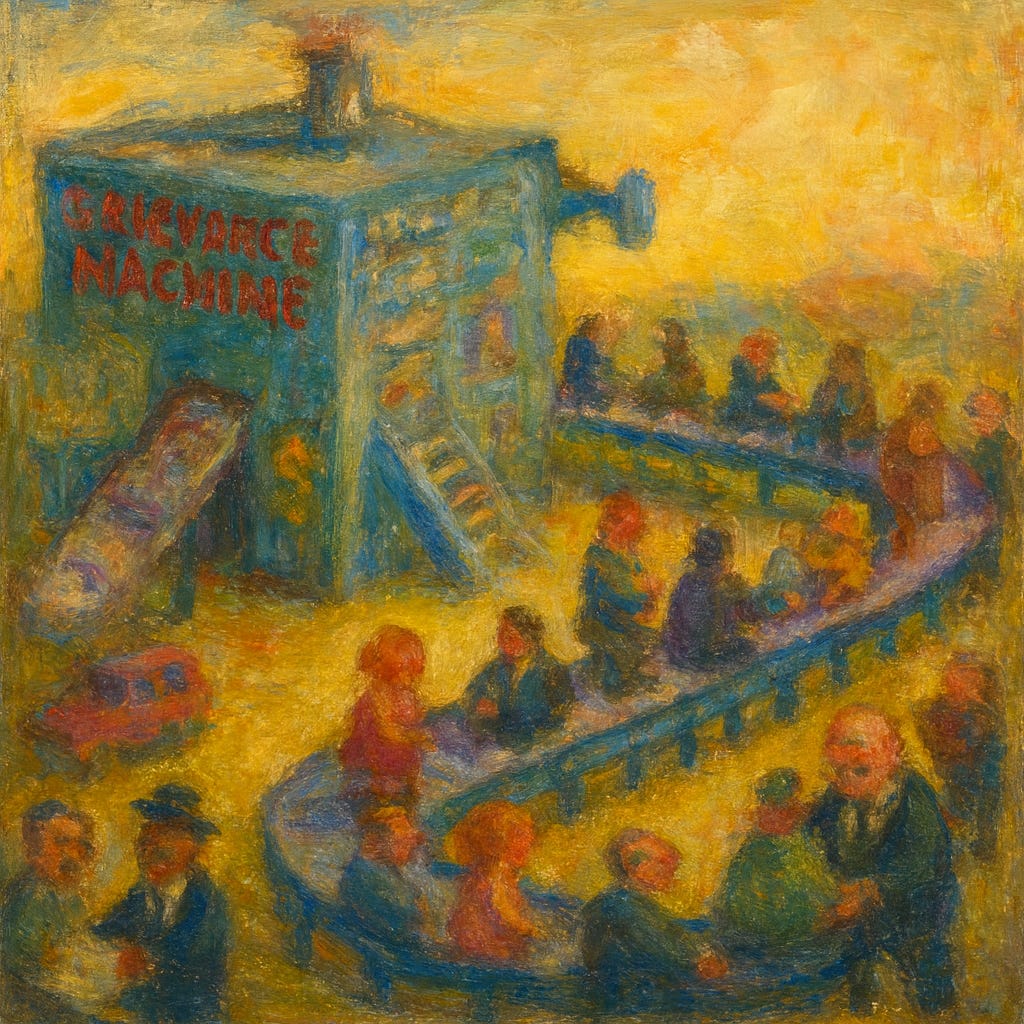The Grievance Gold Rush: How Charity Became the Business of Misery
When outrage pays, hope dies. From BLM mansions to climate jets to Hamas billions, the grievance trade survives only if the problem never goes away.
If you believe in free speech—not the slogan, but the dangerous, untamed variety—then subscribe to support uncensored, heretical writing. Every paid subscription buys more time to write without asking permission from the sort of people who think “problematic” is an argument.
Please subscribe to receive at least three pieces /essays per week with open comments. It’s $6 per month, less than USD 4. And now take 50% off.
Everyone says, "Hey, it’s just a cup of coffee," but please choose my coffee when you come to the Substack counter. Cheers.
Keep reading with a 7-day free trial
Subscribe to Freedom to Offend to keep reading this post and get 7 days of free access to the full post archives.



